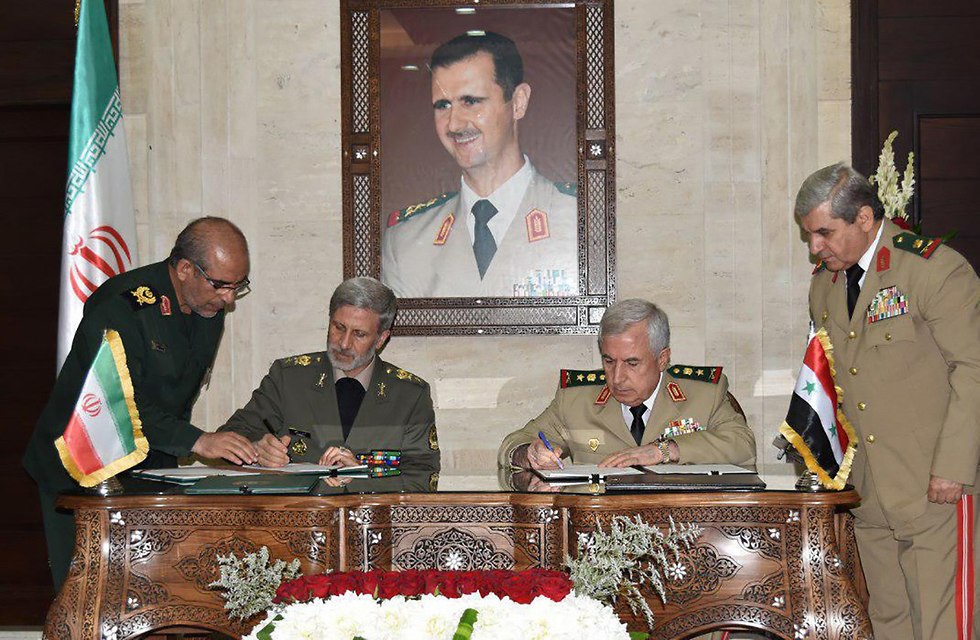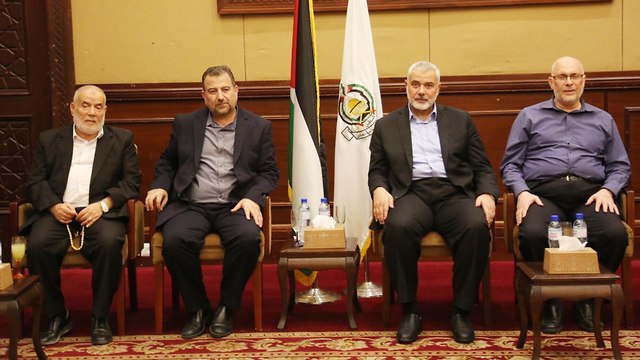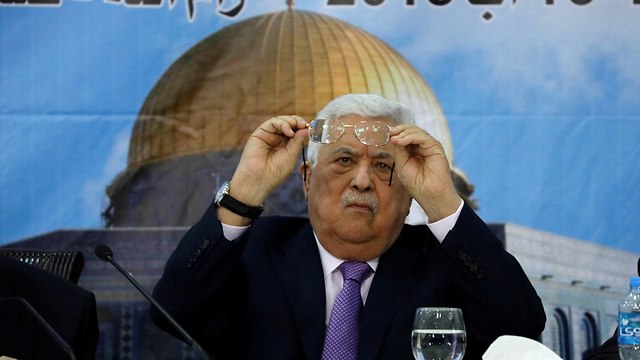In an interview with Ynet, energy minister says desalination output to double, aquifers, rivers to be saved; addressing Syria, Steinitz warns ‘Assad in danger if he allows Iranian military buildup.’
Israel intends to prepare for additional drought years by doubling the quantity of desalinated water and the upgrading the national water carrier so that it can carry water from the desalination plants to the Sea of Galilee (Kinneret), according to Energy Minister Yuval Steinitz.
“Next year we will start pumping water into the Kinneret and within two or three years we will complete a system that will allow us to desalinate a surplus amount of water in order to pump water into the Sea of Galilee and save our national lake,” Steinitz said in an interview with Ynet.

“The danger is clear and palpable, the hydrological drought is the worst in the history of the State of Israel, the water level in the Sea of Galilee is closer than ever since the establishment of the State of Israel to the black line, but the situation with the aquifers, rivers and streams is even more severe,” he added.
Steinitz said that according to a new principle that was established, the water infrastructure in Israel will be able to deal with a drought not only in terms of water supply for drinking and agriculture, “but also in terms of concern for nature, the Sea of Galilee and saving the rivers.”
He noted that the government had already approved a new master plan to double the quantities of desalinated water in Israel and to overhaul the national water carrier so that it could pump water from the desalination plants in the center of the country to the Sea of Galilee to raise the water level and save the sea, “because it also has a national-historical value.”
The minister also noted that the national water carrier will be able to transfer water from the south to the Sea of Galilee and the rivers in the north. “We cannot allow global warming and drought to destroy the Sea of Galilee and the rivers of the north.”
Iranian military buildup endangers Assad regime
Regarding the Iranian military presence in Syria, Steinitz pointed out the “very heavy” economic and military pressure Tehran was facing and noted Wednesday’s statements made by Prime Minister Benjamin Netanyahu on the matter.
“As the prime minister said during a very moving ceremony on Wednesday that I had the privilege to participate in—the renaming of the Negev Nuclear Research Center in Dimona after Shimon Peres—we are determined to halt the growing Iranian entrenchment in Syria and let no one doubt us,” he reiterated.

According to Steinitz, “Many things remain clandestine. I can say unequivocally that there is a clear decision by the prime minister and the cabinet: We will not allow Iran to establish itself militarily in Syria. On the political level we are working with the Americans and the Russians on this matter.
“The prime minister really did an amazing job here by being the only one who somehow managed to bring together Russia and the United States in this goal, and we are also operating on other levels, and when necessary, militarily,” he emphasized.
Steinitz also warned that Syrian President Bashar Assad faces a serious threat if he continues to allow the Iranians a free hand on his country’s soil.
“Assad needs to know that he and his regime are putting themselves at risk, an unnecessary risk, if he allows Iran to turn Syria into a military base against Israel,” the minister said.
Intending to send a message to Syria and Iran following the military cooperation agreement signed this week between the two countries, Steinitz said that it was indicative of the fact that Israel is taken seriously in the military arena.
“We all understand that the agreement demonstrates that they are taking us seriously, so they are trying to portray their presence as merely assistance to the Syrian army, to rebuild itself, and thus bring weapons systems into Syria. We will not allow it to happen,” he stated.

“The Iranians are certainly taking us very seriously. Currently, they have not yet been able to significantly establish themselves in Syria. Even within Iran there are disagreements regarding this as well as protests against the regime’s involvement and investments in Syria and Lebanon. We are dealing with this with resolve, assertiveness and prudently. I hope not, but it is possible that one day this matter will escalate if there is no other choice.”
Regarding a ceasefire agreement with Hamas, Steinitz said: “I hope there is going to be a truce agreement before we have to embark on a military campaign and not after, because if it is possible to achieve a truce without a military campaign, which carries a price, that is preferred,” he continued.

The minister also accused Palestinian Authority President Mahmoud Abbas of seeking to escalate matters in the Hamas-ruled Gaza Strip.
“There is an effort by Abbas to ignite the Gaza Strip, to suffocate it economically and on a humanitarian level so that it explodes on us, and then he will celebrate twofold: We will destroy Hamas for him and he will travel the world blaming us for destruction and war crimes,” Steinitz explained.
“If Abbas tries to sabotage the truce arrangement by trying to ignite Gaza to make us to serve his goals, in such a case we have to put him aside and do what is beneficial for us, and what is good and right for us is a truce arrangement in Gaza, with or without Abbas” the minister said of the elderly leader.
“If he wants to be part of the arrangement and stop interfering, he’s welcome, but if he continues to make trouble, we will proceed, if possible, and I’m still not sure that it is possible, with a deal in Gaza.”
He added that Hamas in Gaza is in dire straits: “It is possible that their distress will lead to a military confrontation rather than a truce, I hope not. We hit Hamas very hard, both their tunnel network and in the realm of military capability.”
As reported by Ynetnews
